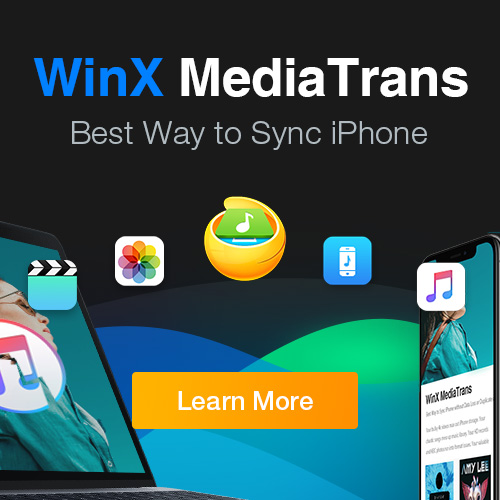![[New] Initiating Live Video Sharing Complete Walkthrough](https://thmb.techidaily.com/a9af59315aea8cc232d9e9df37ddf4fb252ec7cdb030d740feb1460fb864db26.jpg)
"[New] Initiating Live Video Sharing Complete Walkthrough"

Initiating Live Video Sharing: Complete Walkthrough
In today’s day and age, over 59% of all marketing agencies are live streaming their content for the most reach. That is pretty simple why they jump into the live streaming businesses. There are also lots of brands and content creators just getting started, basically learning how to live stream that run into complicated situations. How do you plan it? How can you promote it the best way?
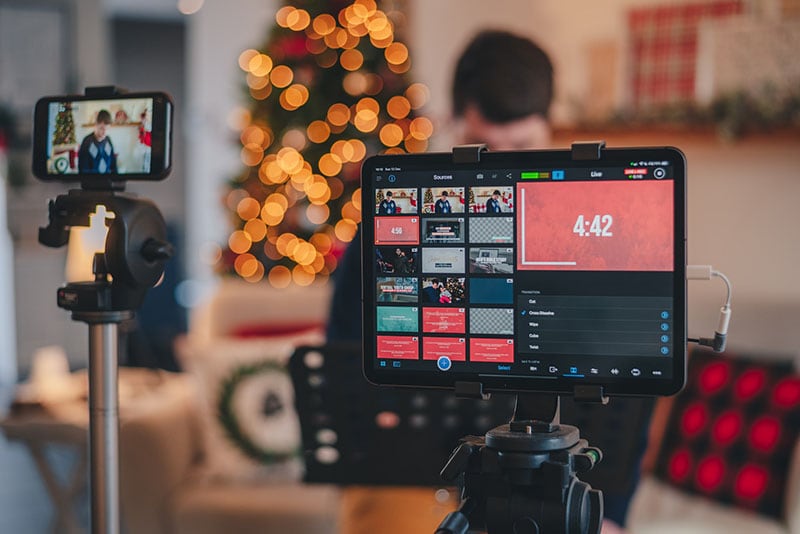
There are many different things to keep in mind and in this article, we will talk about every single one so you can get started creating successful live streams. There’s no problem with admitting that the technical side of live streaming is pretty complex and a little harder to understand, but with the right guide, you’ll get there!
Now you know the basics, let’s get started!
Part 1. What camera do you need?
When you’re just starting out, you can live stream from your phone or laptop’s camera, there are also good webcams available for not a lot of money. If you do have a budget a high-end camera, for example around $2000, you can invest in the following cameras:
Panasonic GH5
Sony A7 II
Panasonic LUMIX GH4
A camcorder or webcam will work perfectly for live streaming as long as the camera able to shoot at a minimum of 720p HD, 24fps. It’s totally fine to start off with the webcam on your laptop, or a better webcam. I have used the Logitech C922 for streaming and it works like a charm. The Mevo Plus helps you on great quality when you use a mobile device. After that you run your program into a software such as OBS where you can apply filters to improve your image, which you will be using to also live stream onto the actual platform such as YouTube or Twitch. A plus is that you don’t need a memory card for streaming as you’re not recording on the camera itself.
Part 2. What microphone do you need?
When talking about audio, it’s one of the most important elements of your overall live stream. If people are getting frustrated trying to hear what you say, they are less likely to stay. Nowadays a lot of smartphones have amazing microphones with built-in noise cancellation and echo reduction. If you’re using a laptop or desktop, we recommend an external microphone as the webcam microphones aren’t that great.
USB microphones are the best choice for at-home streaming. Fanatics will rather use XLR microphones because of its sound quality. Good XLR microphones are a lot of the times way more expensive than regular USB microphones. XLRs also need an external sound card/audio interface to be powered to your computer, like the Focusrite Scarlett Solo, starting at around $130.
Budget microphones give you great streaming quality. The only downside is that they lack certain features like a mute button and voltage/gain controls, which forces you to find another solution to make up for that such as using plugins in your streaming software to give more gain to your microphone and or use hotkeys to mute.
Part 3. What streaming software do you need?
The software you’ll be using to stream isn’t built into Windows, Mac, or any other operating systems by default. You first need to download a third-party streaming software.
OBS
OBS Studio is open-source software used for recording and streaming. It is free to download and use but misses some of the more advanced options that you see in paid programs.
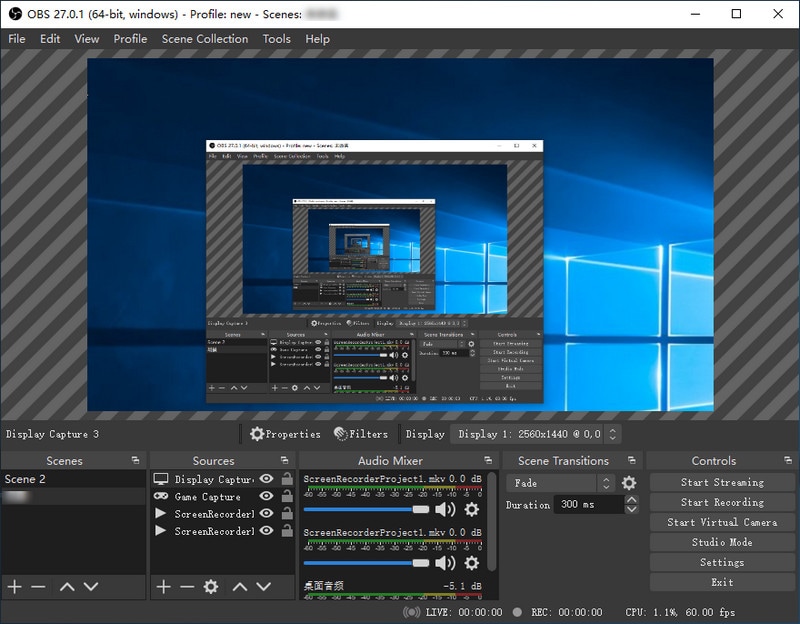
If you are prepared to devote time to learning its functionality, OBS Studio has a lot more strength than most of the other free software, that’s why it is so popular under content creators. You will also find other plugins that people have created to add to OBS Studio’s functionality and flexibility to enhance your recording or streaming experience.
Streamlabs
Streamlabs was originally a live streaming tool that streamers use with other live streaming software together. Streamlabs OBS now combines the Streamlabs tool with OBS Studio, giving you a more in-depth streaming program with a more organized user interface. Just like OBS Studio, Streamlabs OBS is free to download and use.
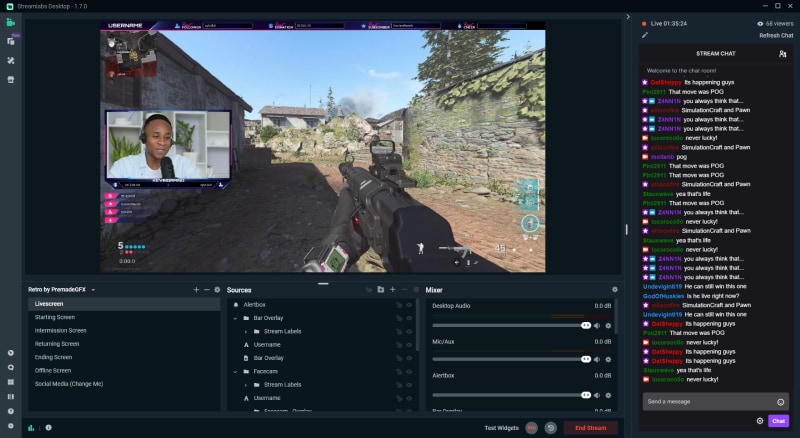
Nvidia ShadowPlay
Nvidia ShadowPlay is designed for gamers and comes combined with Nvidia GeForce graphics cards. It allows people to stream high-quality livestreams and videos. It’s suitable for platforms such as Facebook Live, YouTube and Twitch.
ShadowPlay’s DVR-style Instant Replay mode can be used by pressing a hotkey to save the last 30 seconds of your content to your hard drive or share to Twitch or YouTube. You can manually record videos for as long as you like because ShadowPlay is hardware accelerated. You can make up to a 15-second GIFs from your ShadowPlay video to ceate highlights, edit them afterwards with color grading effects, adding music, text, and upload it to Facebook, YouTube or Vimeo.
XSplit Broadcaster
XSplit Broadcaster is a recording and linve software for Windows. XSplit allows you to record and stream in 4K 60fps. You can use XSplit Broadcaster to stream on all platforms you can imagine that have a live function, you can even go live on multiple stream services at the same time. The streaming software has a lot of stream management features. There’s an option to edit scenes before starting your live stream with the Scene Preview Editor.
The ability to creative your own title and tags for ease of search is outstanding. The list of compatible technology that integrates with the software and the amount of data servers there are to help accommodate your needs while streaming, no matter if you are using ethernet or WiFi, XSplit is super easy to use for gaming, recording or podcasting.
Wirecast
What’s cool is that you can live stream from unlimited amount of sources. Microphones, cameras, IP cameras, and more. A built-in web-browser is able to show things such as web pages as well. You can mix up to 8 separate audio tracks and add processing combined with effects to enhance the viewer experience even more. Its powerful production capabilities make it super easy to switch back and forth between different live camera feeds while mixing in prerecorded video, graphics, audio, transitions and even slides.
Wirecast enables event organizers to comine live or pre-recorded video together with audio to achieve professional results as well as individual audio tracks for separate outputs. This program comes with a stock media library with videos, background images, music and more. Wirecast lets you stream like a pro and with its high-end features. This streaming software has multi-level audio recording, and 1-17 slot multi-viewer output for more advanced level of streaming and even ISO record assistance.
VidBlasterX
This is one of the high-end software systems with a built-in switcher and audio mixer. You can combine any number of floating input or output modules that can be positioned anywhere you want in the user interface. The modules can be docked to other ones to create the studio design that works best for you. It’s a huge benefit for having the most customization of all the 3rd party encoder apps you can use for live streaming.
The Home & Studio editions comes with community support; the Broadcast edition comes with both priority and community support as well. The VidBlasterX Trial Edition is the same as the Studio Edition, with a watermark added to all output channels. The VidblasterX website tells: “VidBlasterX is a versatile and powerful ultra-low latency cascading vision mixer and video router with built-in scalers, time base correctors, frame synchronisers, IP video encoders and decoders, video players, recorders, keyers, effects and much more.”
vMix
This program also allows you to create professional quality videos and live shows. vMix offers you the power to add multiple cameras angles, images, videos, audio, titles, Powerpoint presentations, chroma key, virtual sets and even more than that. You are then able to showcase, live stream and record your content all at the same time. vMix integrates with EasyWorship, Flowplayer, Facebook, Restream, Vimeo, Twitch and YouTube.
That being said, vMix has excelled in great features and looks to be coming out with even more every six months. This program has added everything you need. Their integration of dedicated Call-In features together with NDI & SRT support is clearly included and is available at a very affordable price. After all, we definitely recommend anyone wanting to move from a hardware solution to this kind of a software, to give vMix a try. Especially when they offer you a full 60-day Free Trial and it’s not a limited trial version either, but rather the whole top end version that includes everything you need to boost your live streaming career off the ground!
Ffmpeg
When talking about Ffmpeg, we’d like to mention that this is a very basic broadcasting software compatible with Dacast’s streaming platform. From what we noticed is that Ffmpeg is very easy and quick to learn where you won’t need to open another application in order to use it. As long as you’re happy with using the command line, you can use it for video and audio conversions, compression, and many other tools included in the options. We did use it to try at video editing, after using other paid software too, like VEGAS Pro. We do agree that it’s a matter of getting used to the program. You can find anything you need online to get started, or when you are lost. It’s good that it does not claim a lot of space on the hard drive. This is a complete new way of live streaming and video editing.
Restream.io
You likely have heard about this program. Restream is a complete and professional live streaming application for anyone who wants to start their online career professionally. Simply stream professional broadcasts from your browser to multiple social platforms at once, such as YouTube, Facebook, and Twitch. Customize your live streams, engage with your viewers, and drive action. They have a packed community of over 5,000,000 streamers using Restream to go broadcast live on YouTube, Facebook Twitter, LinkedIn, and more!
The most significant of all features is the Ecamm Live integration. This allows you to read the chat of different platforms from the same place. The video quality that Restream employs is the best with barely any latency and delay!
Wrapping it up
Live streaming is quite a wide topic, and each streaming experience is different as well. We made this article to give you a very neutral feel how to go live stream. Understanding the basics together with some test runs and practice will help make your live streams way more better and valuable for the viewers.
Free Download For Win 7 or later(64-bit)
Free Download For macOS 10.14 or later
Free Download For macOS 10.14 or later
- Title: [New] Initiating Live Video Sharing Complete Walkthrough
- Author: Frank
- Created at : 2024-07-26 12:18:15
- Updated at : 2024-07-27 12:18:15
- Link: https://some-techniques.techidaily.com/new-initiating-live-video-sharing-complete-walkthrough/
- License: This work is licensed under CC BY-NC-SA 4.0.
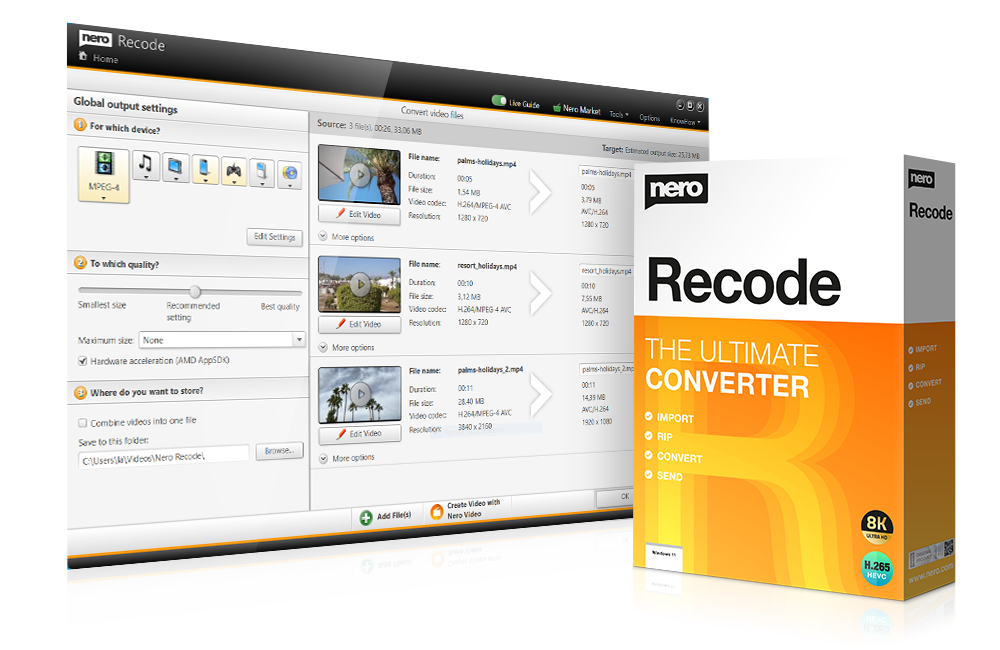
 Any DRM Removal for Win:Remove DRM from Adobe, Kindle, Sony eReader, Kobo, etc, read your ebooks anywhere.
Any DRM Removal for Win:Remove DRM from Adobe, Kindle, Sony eReader, Kobo, etc, read your ebooks anywhere.
